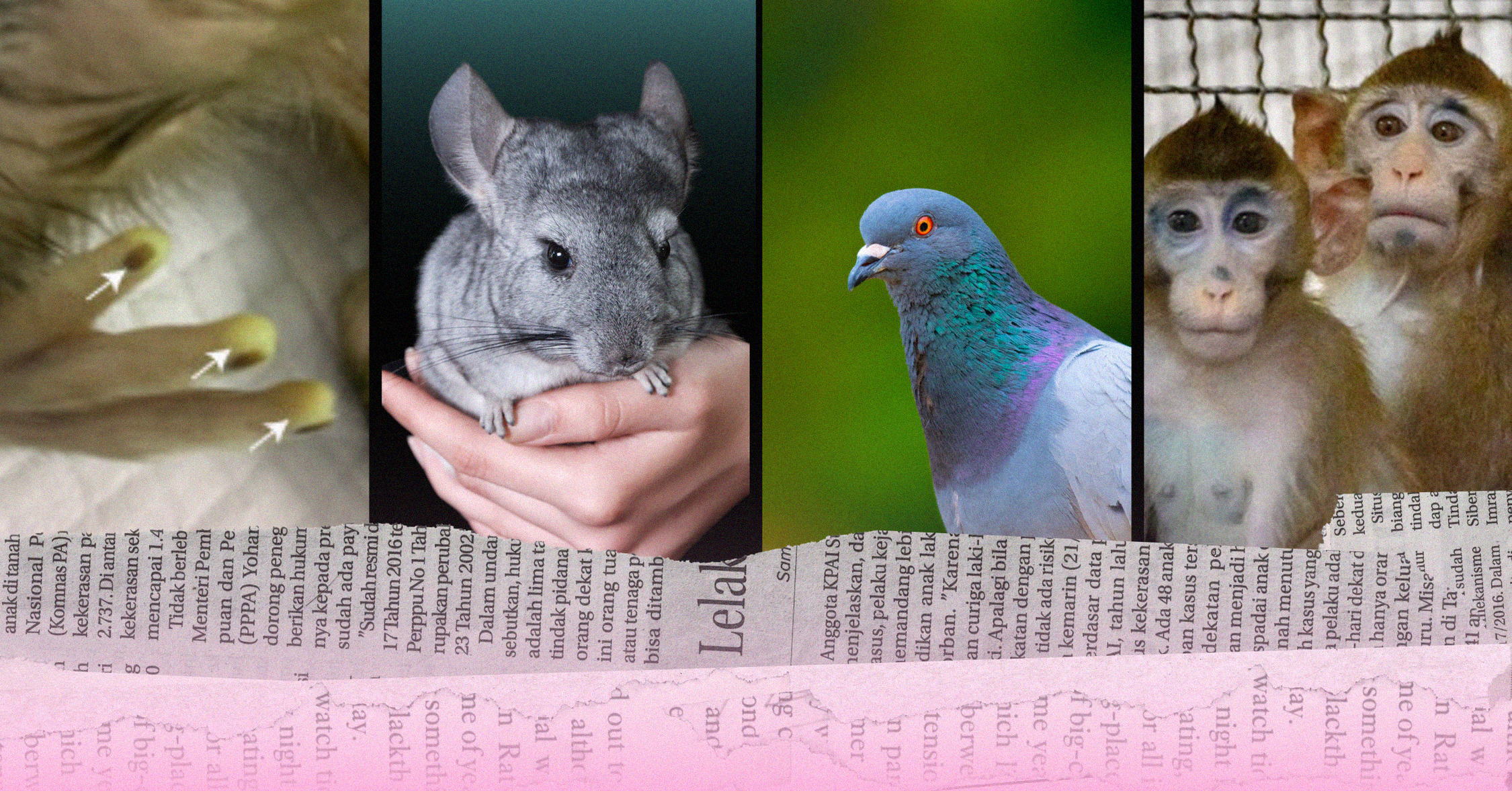
Here’s a roundup of this week’s biggest news stories related to animal research—all the recent media coverage you need to know right now to be the most effective activist for animals in labs.
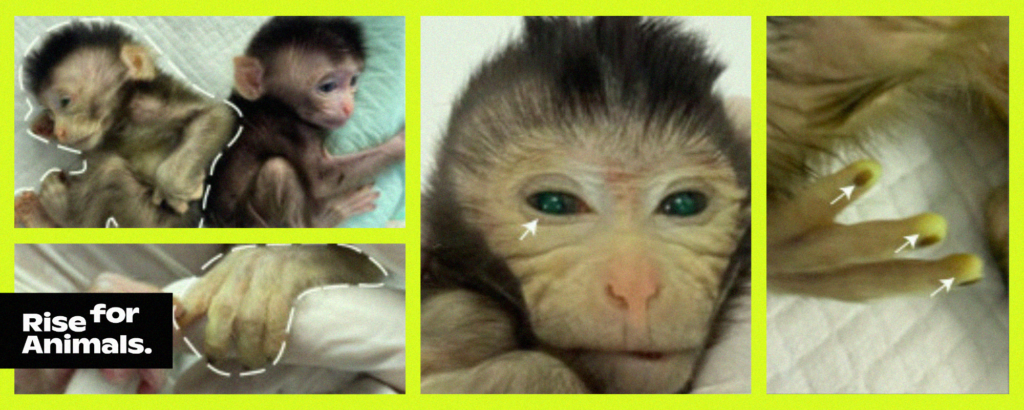
Greed’s Green Glow: Researchers Created a Green-Glowing Monkey Chimera
Rise for Animals, 11/16/2023
Animal researchers are reporting “delight” at the live birth of a chimeric nonhuman primate with glowing green skin. Researchers injected engineered, tinted stem cells into hundreds of four-to-five-day-old monkey embryos, then forcibly and surgically implanted them into the wombs of 40 enslaved nonhuman primates (euphemistically termed “surrogate mothers”). The researchers’ assaults resulted in six live births, of which one presented as so significantly chimeric that it glowed green. Full Story →

How Wild Monkeys ‘Laundered’ for Science Could Undermine Research
Gemma Conroy, 11/16/2023
“[N]ews reports suggest that some laboratory monkeys are being illegally poached from the wild, falsely labelled as captive-bred and sold as research animals, a practice known as monkey laundering.”
“Apart from the ethical and legal problems with smuggling wild monkeys into medical trials, the practice could also invalidate study results. Wild monkeys have already been exposed to a cocktail of diseases….” and “produce a very different immune response from animals [who] have been purpose-bred in sterile facilities.”
“Every year, thousands of macaques are legally traded for research. Such trade makes it easy for smugglers to slip through the cracks.” Full Story →
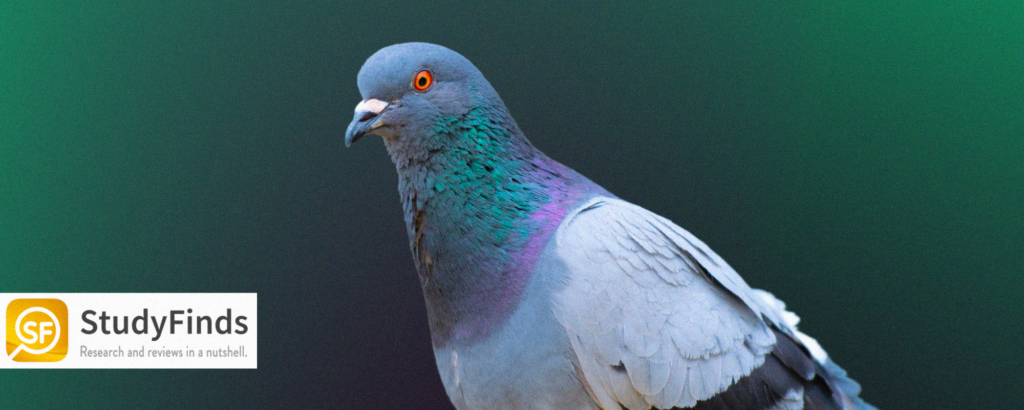
“Dim-Witted” Pigeons Are Actually Great Problem-Solvers Who Think Like AI
John Anderer, 11/10/2023
“Calling someone a ‘birdbrain’ may be a compliment before too long. Fascinating new research . . . suggests pigeons are capable of solving certain problems that would frustrate even the smartest humans. Even more notable, their study finds pigeons solve problems the same way artificial intelligence (AI) would.”
“Prior studies have already shown pigeons are capable of learning how to solve complex categorization tasks that human ways of thinking . . . would not be useful in solving.”
“‘We celebrate how smart we are that we designed artificial intelligence, at the same time we disparage pigeons as dim-witted animals,’ the study author concludes. ‘But the learning principles that guide the behaviors of these AI machines are pretty similar to what pigeons use.’” Full Story →
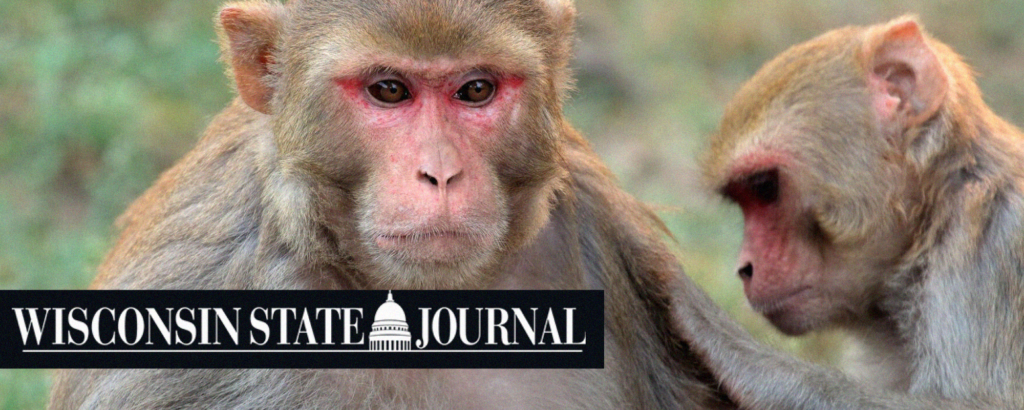
Drug-Testing Firm Fined After Research Violations Led to Monkeys Being Euthanized, Mostly in Madison
David Wahlberg, 11/13/2023
“Labcorp has been fined $9,000 by the [USDA] for five alleged violations of animal research laws, with four of the citations involving the company’s facility in Madison.”
“Six monkeys or similar animals were injured between 2018 and 2022, with most of the injuries involving broken bones, according to the USDA. As a result, four of the animals were euthanized.” Full Story →
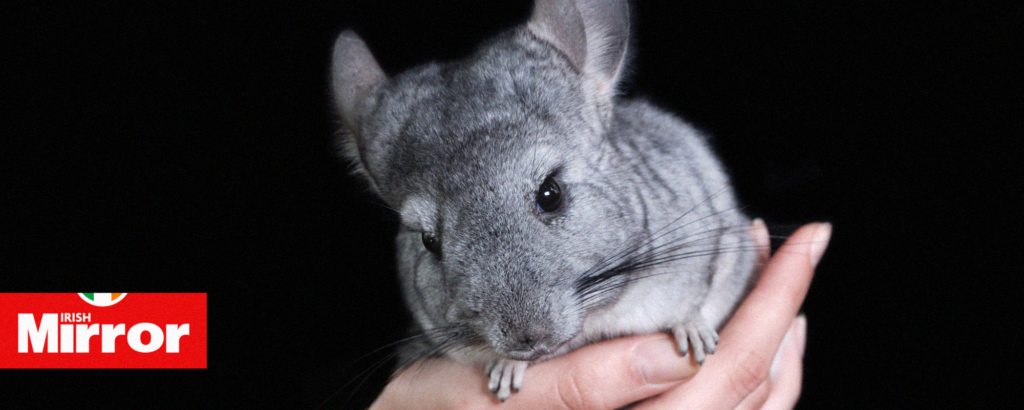
State Agency Receives Complaint Over Royal College of Surgeons Animal Experiment
Darragh McDonagh, 11/13/2023
“A state agency involved in the EU’s largest research funding programme has received a complaint regarding the use of animals in experiments commissioned by the Royal College of Surgeons in Ireland (RSCI).”
“The agency has confirmed that it received a complaint from an animal welfare organisation regarding experiments performed on chinchillas at the direction of the RCSI in 2021. The experiments were carried out at the Medical College of Wisconsin (MCW) in the US, meaning they were not subject to EU regulations aimed at reducing the suffering of animals in such research.”
“The Irish Anti-Vivisection Society (IAVS) accused the RCSI of ‘offshoring animal cruelty’ after records released under the freedom of information laws revealed that as many as 23 of the exotic rodents were subjected to significant suffering before dying or being euthanised.” Full Story →
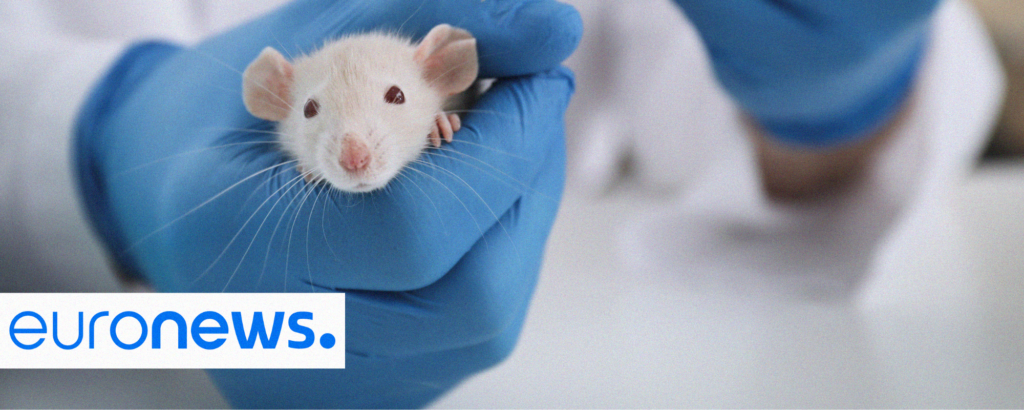
Infecting Animals with Diabetes Won’t Save Human Lives
Dr. Julia Baines, 11/14/2023
“[W]hy are animals still being used in experiments to study diabetes? . . . The answer is simple: they continue to do so out of habit. Animals have been used and abused in experiments for so long that many scientists turn to them automatically, seeing them as just another piece of laboratory equipment.”
“It’s human biology that’s needed to find cures and better treatments for diabetes, and the sooner funding is shifted to supporting innovation in these areas, away from propping up the outdated habit of experimenting on animals, the sooner we will find them.” Full Story →